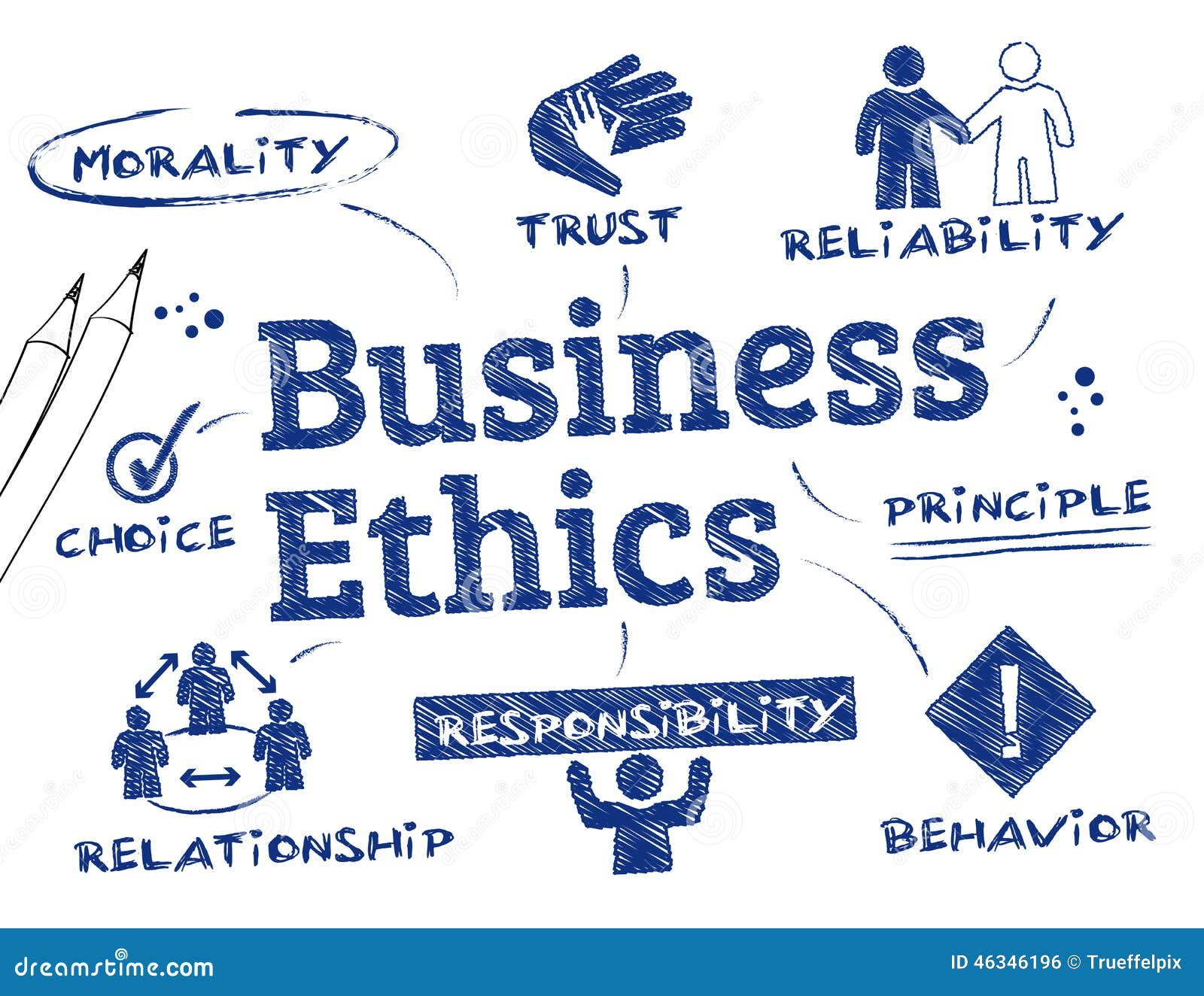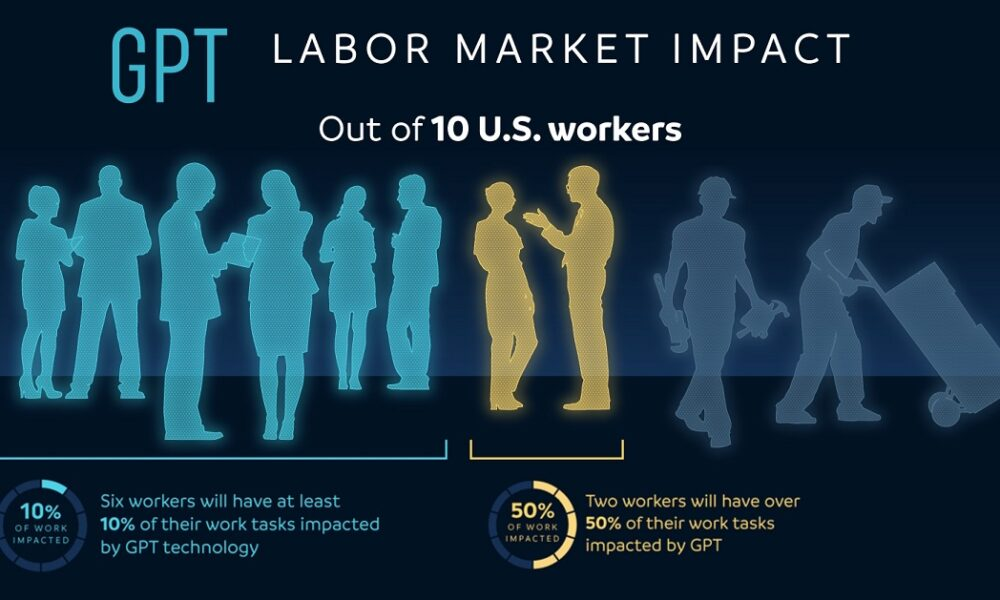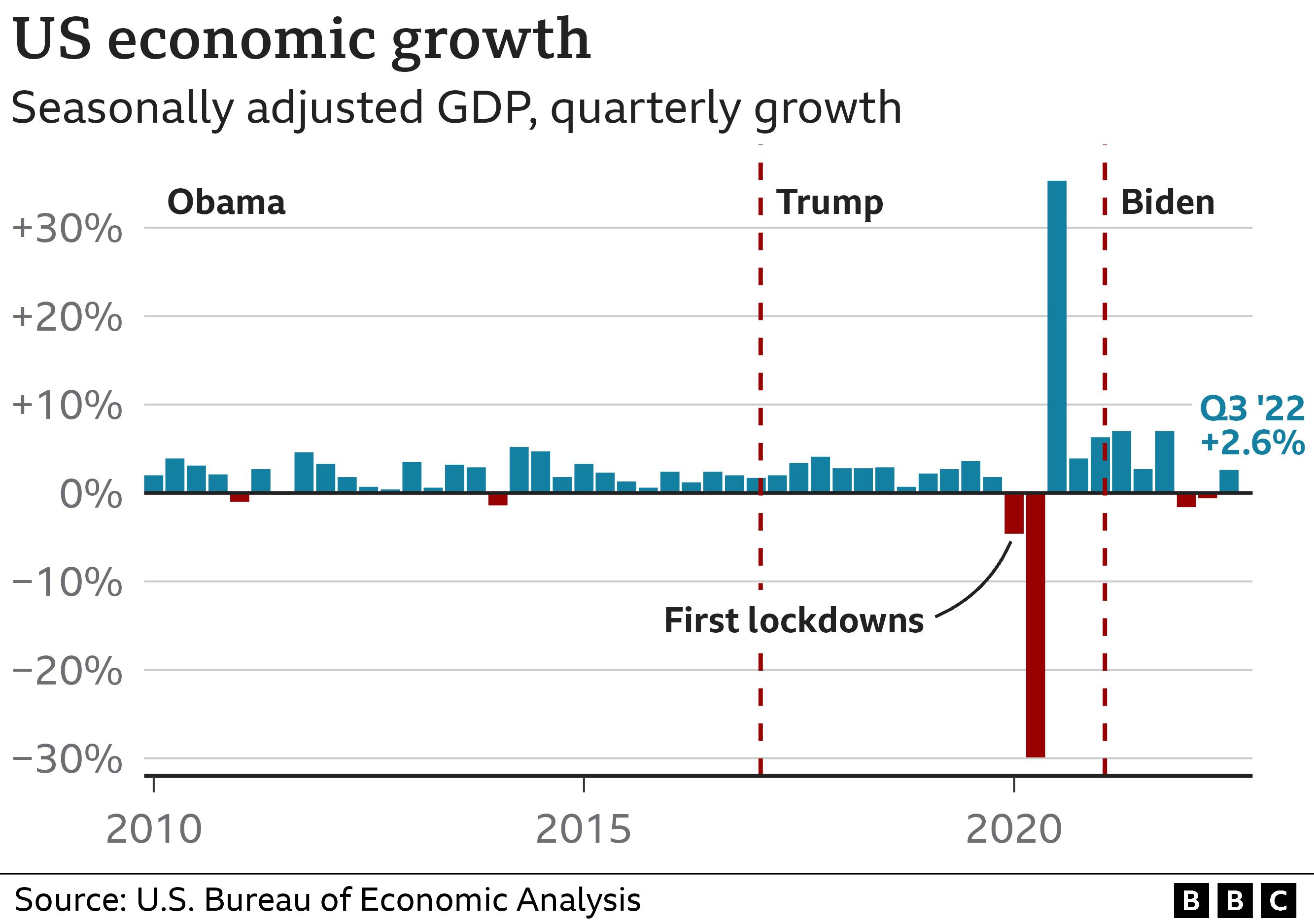Tariffs have become a focal point of discussion surrounding the U.S. economy, especially in the context of Senator Rick Scott’s advocacy for a trade policy that supports American workers. The impact of tariffs on the economic landscape has sparked intense debate, drawing attention to the U.S. trade policy’s evolving nature, particularly in relation to China tariffs. Scott argues that these tariffs are essential to level the playing field, pushing for lower barriers to facilitate U.S. exports. As the government implements new tariffs, the economic implications of tariffs are increasingly scrutinized, raising questions about their long-term effects on growth and employment. While some experts express concerns about potential downturns, Scott remains optimistic about their benefits for American laborers, positioning tariffs as a tool for rejuvenating the national economy.
The use of protective duties has emerged as a significant topic in discussions about trade and commerce within the United States, particularly regarding their influence on economic prosperity. Senator Rick Scott’s position highlights the need for a recalibrated trade strategy that prioritizes the interests of U.S. workers without being encumbered by foreign import costs. As the nation navigates a complex web of international relations, the focus on establishing a fair playing ground through trade tariffs becomes critical. Examining the broader consequences of these import taxes reveals a contentious debate over U.S. trade dynamics, with specific attention to competitor nations like China. The ongoing discourse regarding economic strategies underscores the vital link between governmental policies and the financial well-being of American citizens.
The Role of Tariffs in U.S. Economic Policy
Tariffs have been a contentious topic in U.S. economic policy, especially during the Trump administration. Senator Rick Scott supports the idea that tariffs serve to level the playing field for American workers, making it crucial for foreign nations to lower their own tariffs on U.S. products. He argues that by imposing tariffs, the government is not just protecting American jobs but also pressuring other countries, particularly China, to reconsider their trade barriers. This aligns with the broader goal of U.S. trade policy, which often seeks to promote American exports and reduce the trade deficit.
Critics, however, have raised concerns about the broader economic implications of such tariffs. Economists like Jason Furman point out that unilaterally imposed tariffs can lead to economic contraction, citing recent market volatility as evidence of this. The opposing view is that while tariffs may protect certain industries temporarily, they could ultimately harm the overall economy by increasing costs for consumers and disrupting established trade relationships. The debate continues as policymakers weigh the immediate benefits of tariffs against their potential long-term consequences for the U.S. economy.
Impact of Tariffs on Global Trade Relations
The imposition of tariffs has significant repercussions for U.S. trade relations, especially with major partners like China. Senator Scott’s assertion that tariffs can force changes in trade behavior among other nations highlights a strategy aimed at reshaping the global economic landscape. By increasing tariffs on imports, particularly from China, the U.S. is attempting to negotiate better trade terms and drive home the message that American products should be competitively priced in international markets. However, this approach risks escalating trade tensions and could lead to retaliatory measures, as seen with China’s 125 percent tariff on U.S. imports.
As trade policies evolve, the consequences on global markets are becoming increasingly evident. Scott’s advocacy for tariffs reflects a broader mindset among some U.S. policymakers that prioritizes national interests over international cooperation. The impact of tariffs on U.S. trade policy, particularly regarding economic negotiations and partnerships, remains a critical aspect of this dialogue. With economic implications on both sides of trading partnerships, the effect of tariffs not only shapes regulatory practices but also influences the strategic decisions of multinational corporations operating in a globalized economy.
Economic Implications of Tariffs for American Workers
The economic implications of tariffs for American workers are a focal point in the debate on trade policies. Rick Scott argues that tariffs can ultimately benefit U.S. workers by protecting domestic industries from foreign competition. This argument suggests that higher tariff rates on imports could lead to increased job security and wage growth within affected sectors. Tariffs are viewed as a means of fostering a more favorable job market by encouraging consumers to buy American-made goods, thereby supporting local manufacturers and their employees.
However, the broader economic context complicates this narrative. Critics warn that while tariffs may create certain job opportunities in the short term, they could also lead to higher prices for consumers and potential retaliatory tariffs from other nations, resulting in job losses in export-oriented sectors. The relationship between tariffs and the overall economy is complex, as increased costs for manufacturers may squeeze profits and ultimately lead to higher consumer prices. Policymakers must carefully consider these dynamics when crafting trade policies that impact American labor.
China Tariffs and Their Strategic Significance
The tariffs imposed on China carry strategic significance in the U.S. approach to confronting its largest economic competitor. Senator Scott’s viewpoint underscores a belief that China’s economic policies have created an uneven playing field for American businesses. By implementing high tariffs—145 percent in some cases—Scott advocates for a stronger U.S. stance against China’s trade practices, spotlighting the need to protect American interests and maintain competitive advantages. This aggressive tariff strategy is positioned as a necessary move to compel China to engage in fairer trade negotiations.
This strategic mindset pushes the boundaries of traditional U.S. trade diplomacy, focusing on punitive measures rather than collaborative solutions. The potential for economic warfare with such high tariff rates raises questions about the sustainability of U.S.-China relations. Moreover, as both nations brace for prolonged tension, the impact of these tariffs extends beyond immediate economic concerns, influencing global supply chains and foreign market strategies. The fallout from these policies will likely shape international economic relations for years to come, emphasizing the need for a meticulous assessment of their long-term impacts.
Rick Scott’s Vision for Trade and Economic Growth
Senator Rick Scott’s vision for trade is centered around the idea of rejuvenating the U.S. economy through aggressive tariff measures. He aligns his approach with creating opportunities for American workers while challenging foreign nations to adhere to fair trading practices. Scott emphasizes the importance of removing barriers for American exports as a means to stimulate economic growth. His perspective suggests that by prioritizing U.S. manufacturing and job creation through tariffs, a stronger domestic economy can emerge, ultimately benefiting workers across various sectors.
However, the potential consequences of Scott’s trade vision cannot be overlooked. Alongside the push for limiting trade with countries like China, there is a risk of escalating tensions that could threaten global economic stability. While defending tariffs as a mechanism to protect the American workforce, Scott acknowledges uncertainty about their impact on inflation and overall economic performance. This reflects a critical juncture in U.S. economic policy where balancing immediate protective measures with long-term economic sustainability is vital.
Balancing Tariffs and National Debt
The relationship between tariffs and national debt presents a complex challenge for U.S. economic policy. Senator Scott has expressed concerns regarding the impending national debt projected to reach about $20 trillion over the next decade. He suggests that implementing tariffs may contribute to a balanced budget by protecting American industries and promoting local production. The belief here is that enhanced domestic manufacturing will lead to increased tax revenues, which could subsequently alleviate pressure on the national debt.
Nonetheless, there are significant risks involved with leveraging tariffs as a means to solve fiscal issues. Increased tariffs may lead to retaliatory actions that can further exacerbate the national debt by disrupting trade revenues and increasing costs for consumers. Consequently, policymakers must navigate the delicate balance between using tariffs as a protective economic strategy and managing long-term fiscal health. Engaging in steady financial practices alongside strategic trade policies remains crucial for a stable U.S. economy.
Future Directions for U.S. Trade Policy
Looking ahead, the future directions for U.S. trade policy remain uncertain as the implications of current tariffs and economic strategies unfold. The ongoing discourse surrounding tariffs, particularly in relation to global competitors like China, signals a potential shift in how the U.S. positions itself on the international stage. Senator Scott’s unwavering commitment to protecting American interests through tariffs advocates for a more isolationist approach, challenging traditional international trade practices.
The question of how to adapt these trade policies to meet dynamic economic challenges will be at the forefront moving forward. As global trade relations evolve, finding a pathway that balances domestic economic interests with the realities of globalization is imperative. The effectiveness of tariffs in creating a robust U.S. economy will ultimately depend on the ability of policymakers to strategically respond to emerging economic trends and international relations.
Frequently Asked Questions
What impact do Rick Scott’s tariffs have on the U.S. economy?
Rick Scott argues that the tariffs imposed during the Trump administration will level the playing field for American workers by encouraging countries to reduce their trade barriers. He believes these tariffs support U.S. manufacturers by potentially closing trade deficits, although economists express concerns about their negative implications for the broader U.S. economy.
How do China tariffs affect U.S. trade policy?
The tariffs on China are significantly higher than those on other countries, with a rate of 145 percent. This aggressive stance is part of a broader U.S. trade policy aimed at pressuring China to eliminate its tariffs on American products, ultimately promoting a more favorable trade situation for U.S. workers.
What are the economic implications of tariffs on American consumers?
The economic implications of tariffs include potential increases in prices for American consumers as manufacturers may pass on the costs associated with tariffs. While proponents argue that tariffs help domestic industries, critics warn they could lead to inflation and decreased purchasing power among consumers.
Can tariffs help American workers sell more products?
Senator Rick Scott believes that tariffs can help American workers sell more products by eliminating foreign trade barriers. His perspective suggests that with fewer barriers from trading partners, U.S. workers can compete more effectively in international markets.
What concerns do economists have regarding tariffs and the U.S. economy?
Economists, including Jason Furman, express concerns that tariffs could harm the U.S. economy by escalating tensions in trade relationships, leading to retaliatory tariffs and potential economic downturns. They warn that the volatility created by such trade policies could destabilize financial markets and negatively impact GDP.
How does U.S. trade policy currently treat imports from China?
U.S. trade policy has positioned China under heavy tariffs, with a striking 145 percent tariff rate on its imports, in contrast to a 10 percent rate for most other countries. This approach is part of an effort to force China to reduce its tariffs on American goods.
What is Rick Scott’s stance on negotiating trade without tariffs?
Rick Scott has indicated a preference for unilateral tariff imposition rather than negotiating trade agreements, believing that such strategies will ultimately benefit American workers by reducing barriers and enhancing their ability to sell products abroad.
Will tariffs lead to inflation in the U.S.?
While Senator Scott is uncertain about the direct impact of tariffs on inflation, he suggests that controlling inflation requires a balanced federal budget. The uncertainty surrounding tariffs’ effects makes it a contentious topic among analysts.
| Key Point | Details |
|---|---|
| Senator’s Support for Tariffs | Rick Scott defends the Trump administration’s tariff strategy as a method to help U.S. workers and reduce the competitive edge of countries like China. |
| Impact on U.S. Trade Relations | The U.S. government announced a sweeping series of tariffs that have been met with both support and criticism, influencing global stock markets. |
| Criticism of China’s Economic Policy | Scott believes that U.S.-China trade should be completely restricted, as he contends it is crucial for U.S. safety and sovereignty. |
| Projected Economic Outcomes | Economists, including Jason Furman, warn that tariffs could harm the U.S. economy and exacerbate issues such as inflation. |
| Tariff Rates Imposed | A 10% tariff was imposed on most countries, while China faces a staggering 145% tariff, escalating trade tensions. |
| Concerns About National Debt | Scott expresses that addressing the national debt via a balanced budget and reduced spending is essential for economic stability. |
Summary
Tariffs and the U.S. economy have become hot topics of debate among policymakers and economists. Supporters argue that tariffs can level the playing field for American workers, while critics caution that such economic strategies might lead to adverse effects, including inflation and economic downturns. Senator Rick Scott’s advocacy for tariffs, especially against China’s trade practices, underscores a significant shift in U.S. trade policy aimed at bolstering domestic production. However, the potential for global economic instability remains a concern, prompting calls for a more balanced and strategic approach to tariffs.




